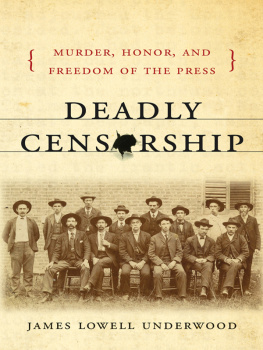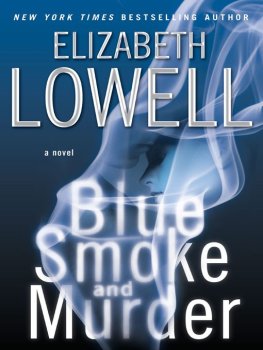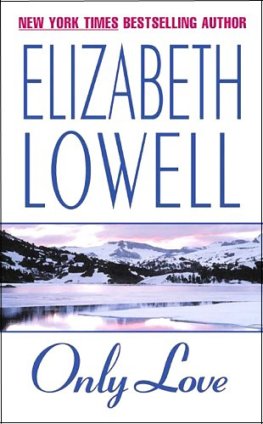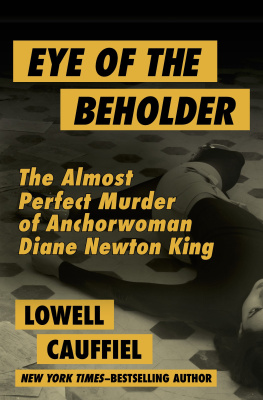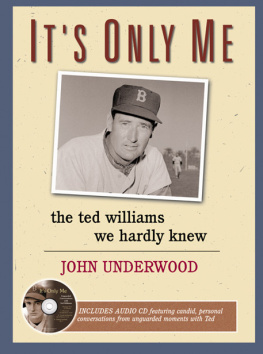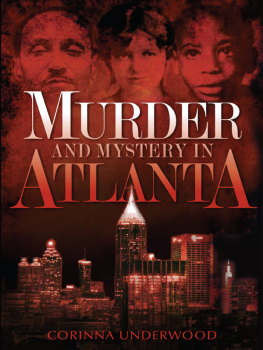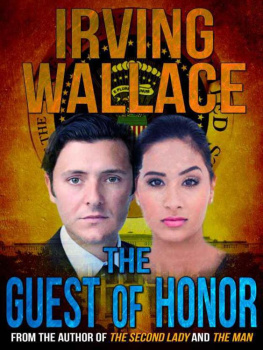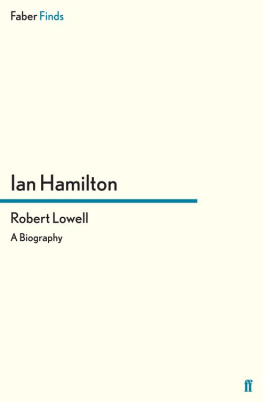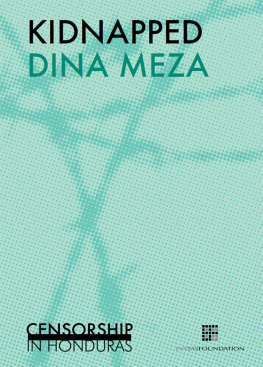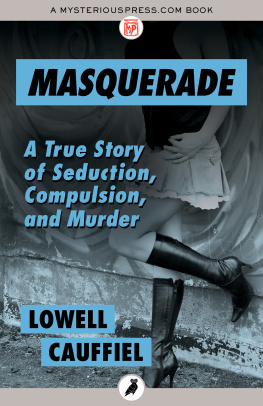DEADLY CENSORSHIP
Lieutenant Governor James H. Tillman shooting newspaperman N. G. Gonzales. Charlotte Observer, January 15, 1961, C1. Illustration by Eugene Payne. Courtesy of the Charlotte Observer.
Murder, Honor & Freedom of the Press
JAMES LOWELL UNDERWOOD
The University of South Carolina Press
2013 University of South Carolina
Published by the University of South Carolina Press
Columbia, South Carolina 29208
www.sc.edu/uscpress
22 21 20 19 18 17 16 15 14 13 10 9 8 7 6 5 4 3 2 1
LIBRARY OF CONGRESS CATALOGING-IN-PUBLICATION DATA
Underwood, James L.
Deadly censorship : murder, honor, and freedom of the press /
James Lowell Underwood.
pages cm
Includes bibliographical references and index.
ISBN 978-1-61117-299-7 (hardbound : alk. paper)
ISBN 978-1-61117-300-0 (ebook) 1. Tillman, James H., 18691911
Trials, litigation, etc. 2. Gonzales, Narciso Gener, 18581903
Assasination. 3. Trials (Murder)South CarolinaHistory20th century.
4. South CarolinaPolitics and government18651950. I. Title.
KF224.T55U53 2013
345.757'02523DC23 | 2013015807 |
To my wife, Joan, and my daughter, Mary AnnCONTENTS
ILLUSTRATIONS
James H. Tillman shooting N. G. Gonzales Frontispiece
PREFACE
The twentieth century produced many trials grandiosely labeled trial of the century, largely because of the involvement of celebrity defendants and famous lawyers known for dazzling displays of legal pyrotechnics. Such trials usually featured grisly or shocking crimes laid bare in graphic testimony. An early entry in this trial of the century pantheon was the case resulting from the 1903 killing of N. G. Gonzales, the respected and highly influential, but acerbic, editor of the State, the leading newspaper in the South Carolina capital of Columbia, by Lieutenant Governor James H. Tillman, scion of a powerful political family. This killing initially gained notoriety because it took place in broad daylight in the shadow of the State House, on the busiest street corner of the capital city, and the victim was an unarmed journalist of national reputation. His assailant acted because he thought his rising political star and cherished honor had been shot down and trodden underfoot by a ravening pack of journalists following the Gonzaless take-no-prisoners lead. The murder trial that followed involved a clash of revered values: freedom of the press, the sanctity of human life, and the reputation of the deceased on one side, versus the honor and dignity of the defendant on the other. The trial revealed flashes of political verbal sword-play involving the struggle between conservatives and Tillmanite reformers, demonstrating through witnesses testimony and judges rulings, the unreconstructed nature of South Carolina after Reconstruction. The trial took place during a time when journalists were sometimes the target of angry and violent reprisals by those who thought their honor had been sullied by cruel and unfair articles. The killing, the trial, and its verdict attracted nationwide attention. The unusual array of important or rising political figures involved in the case as lawyers, judges, and witnessesand even a court reporter who later became a United States Supreme Court justice and secretary of statemake the case a unique window into the political struggles of that time and place. N. G. Gonzales trained his searching editorial eye on many of these struggles, but sometimes he relentlessly practiced the personal-attack journalism of the day. Did the shooting render him a fallen hero or a vanquished villain? The most intriguing question in this account of the Gonzales-Tillman affair is how did freedom of the press, not James H. Tillman, become the real, though not the legal, defendant in the case?
ACKNOWLEDGMENTS
Anyone who seeks the solution to the historical puzzle presented by the Gonzales/Tillman affair needs a great deal of help. I owe thanks to the many people who provided it. Librarians and archivists are accustomed to helping wandering authors through a thicket of historical documents and books. The administration and staff of the Coleman Karesh Library of the University of South Carolina School of Law have provided their usual expert and energetic help. Particularly deserving of thanks is Dr. Michael Mounter, historian and archivist, who continues to amaze library patrons, including me, with his remarkable research skills and willingness to be of assistance. Trial participants, lawyers, judges, witnesses, jurors, and parties are not only influenced by facts but also by their personal lives and political views. Dr. Mounter was of invaluable help in ferreting out these sometimes elusive background features. Associate Director Rebekah Maxwell has been helpful in a multitude of ways, including acting as liaison to smooth the way for my visits to distant libraries. Associate Director Pamela Melton continues to impress me with her wise perception of authors research goals. Director of Access Karen Taylor and her circulation-desk staff, including Joey Plumley, have once again demonstrated their talent and dedication in locating research materials through interlibrary loans. As on past projects, the reference librarians were resourceful and indefatigable. I especially thank Terrye Conroy and David Lehmann for help in the search for an elusive and obscure statute.
The administration of the University of South Carolina School of Law, especially Deans Walter Jack Pratt, Jr., and Robert M. Wilcox, provided funds for research assistants and granted vital secretarial services. Several intrepid and skillful members of the Information Processing Center did outstanding work in typing my manuscript and keeping up with a continuous stream of revisions. Deanna Sugrue typed the manuscript from its rough-draft phase to its near maturityand with her usual graciousness dealt politely with the curmudgeonly author. Upon Deannas retirement, Kimberly Bradshaw took over the typing with consummate skill. Vanessa Byars, former director of the center, lent her formidable knowledge of word processing to the trouble-shooting of problems with the manuscript and quickly mastered the labyrinthine citation system to help with the endnotes. First Ms. Byars, and then Ms. Alyne E. Hallman, as directors of the center, saw to it that I had the assistance I needed. Inge Lewis excelled in the arduous task of converting citations to the publishers style.
Professor W. Lewis Burke, coauthor and coeditor with me on several earlier projects, read two drafts and offered perceptive and constructive advice, which I used to improve the book. Dr. Antonio Rafael de la Cova, author of Cuban Confederate Colonel: The Life of Ambrosio Jos Gonzales, gave valuable comments and suggestions based on his deep knowledge of the Gonzales family. His website includes many letters showing N. G. Gonzaless interactions with his family during his formative years. This is the third book on which I have worked with Dr. Alexander Moore of the University of South Carolina Press. He has been a benign and sure guide through the intricacies of the acquisition process.
The South Carolina Department of Archives and History and the South Caroliniana Library of the University of South Carolina are wonderful repositories of documents, letters, diaries, court records, statutory and constitutional material, photographs, and hard-to-find books. The South Caroliniana Library and the Richland County Public Library provided access to historic newspapers. Both these institutions were of inestimable help in furnishing photographs of trial participants and key locations to help long-ago events come alive for modern readers. Attorney William S. Nelson II, great-grandson of leading defense attorney Patrick Henry Nelson, came to the rescue when I had difficulty obtaining a good photograph of his ancestor. The




